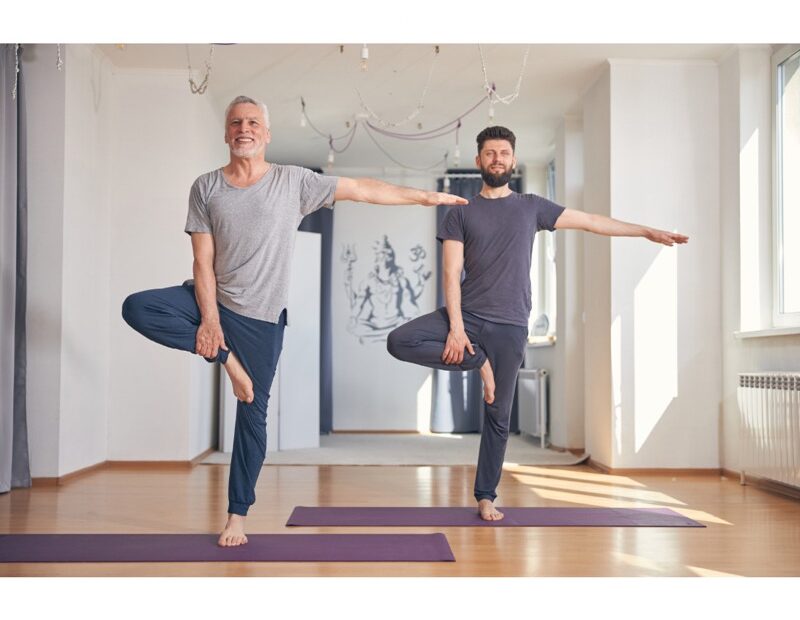Balance tends to decline as we age due to various factors that affect our sensory, muscular, and neurological systems. Here are some reasons why balance may decrease with age:
- Sensory Changes: Our sensory systems, including vision, proprioception (sensation of body position), and vestibular function (inner ear balance system), may undergo changes as we age. Visual acuity, depth perception, and peripheral vision may decline, affecting our ability to perceive and react to balance-related cues in the environment.
- Muscular Changes: Age-related muscle loss, known as sarcopenia, can weaken the muscles involved in maintaining balance. Reduced muscle strength and power can affect our ability to make rapid adjustments and stabilise ourselves when balance is challenged.
- Decreased Joint Flexibility: Aging can lead to reduced flexibility in the joints and connective tissues, which may impact the range of motion and ability to make coordinated movements necessary for maintaining balance.
- Decline in Proprioception: Proprioceptive abilities, which provide information about the position and movement of our body parts, can diminish with age. This can affect our body’s sense of spatial awareness and coordination, making it more challenging to maintain balance.
- Neurological Changes: Aging can result in changes in the central nervous system, affecting the brain’s ability to process sensory information, coordinate movements, and react quickly. These changes may impact the speed and accuracy of balance adjustments.
- Medications and Health Conditions: Certain medications or health conditions, such as cardiovascular issues, inner ear disorders, or neurological diseases, can contribute to balance problems in older adults.
- Inactivity and Reduced Physical Activity: A sedentary lifestyle or reduced physical activity can contribute to muscle weakness, reduced joint flexibility, and diminished overall fitness, all of which can impact balance control.
It’s important to note that while balance tends to decline with age, it can be improved and maintained through targeted exercises and interventions. Regular physical activity, including exercises that improve strength, flexibility, and balance, can help mitigate age-related balance impairments and reduce the risk of falls. A good personal trainer can provide personalised guidance and recommendations for balance exercises suitable for your individual needs.

